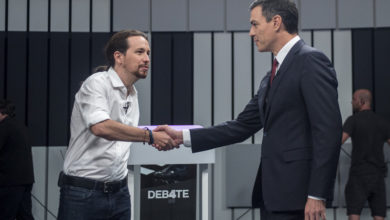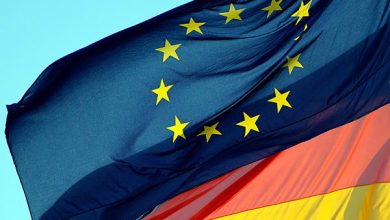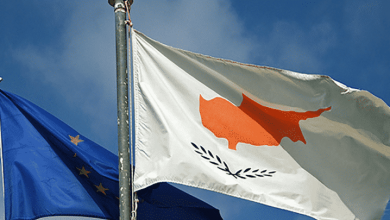French Elections: All You Need To Know

The announcement of Britain’s snap elections, scheduled for 8th June, threw even more meat on the fire of the hot year of State elections in Europe. But all eyeballs will be on France this weekend as the electors rush to the polls for the first turn of the most uncertain electoral bout in the history of the Fifth Republic.
Candidates for the French presidential elections need at least 500 endorsements from members of the European Parliament, deputies, senators and mayors in order to qualify for the race. Eleven candidates have made the cut this year, and if none of them wins an absolute majority, the two candidates with the most support will participate in a second turn. One month after the second round, France will hold legislative elections (also in two rounds) which will make or break the President’s ability to govern according to who gets the legislative majority.
Election System
Cycle: every 5 years for the President and the National Assembly (lower house of Parliament); every 6 years for the Senate.
Voting system: Two-round-system (for presidential, legislative and administrative elections)
Apportionment method: Two-round-system (National Assembly), indirect elections (Senate)
Total number of seats: 150
Electoral threshold: 577 (National Assembly), 348 (Senate)

Issues of European relevance: France being a key European member-State, and one of the six founders, European issues have played a large role in the campaign, from terrorism to the economy to foreign policy. Of the four major candidates most likely to make it to the second turn, only one is openly pro-European: Emmanuel Macron, a social liberal and centrist, and perhaps the man most suited to beat the scandal-ridden, far right candidate Marie Le Pen. The Socialist Party, who has held the presidency over the past five years, also fields a pro-European candidate in Benoît Hamon, but his numbers have slumped since the rise of the far-left candidate, Jean Luc Melenchon.
The final of the fourth major candidates, former prime minister and Catholic conservative François Fillon, has also navigated through legal woes to put forward a Thatcherite “shock therapy” program, coupled with an equitable view of the EU – although, much like in the case of Melenchon, his position is shadowed by his open friendliness to the Kremlin.
With Macron, Le Pen, Melenchon and Fillon all elbowing each other just above 20%, and well within each other’s margin of error, this Sunday’s election is hard to predict. There is a strong possibility that neither the center-left nor the center-right, which have governed the country since the 1950s, might even make it to the second round.
We as always encourage voters to keep European unity in mind when casting their preferences: yours will be as much a vote for France as it will be a vote for Europe.






One Comment